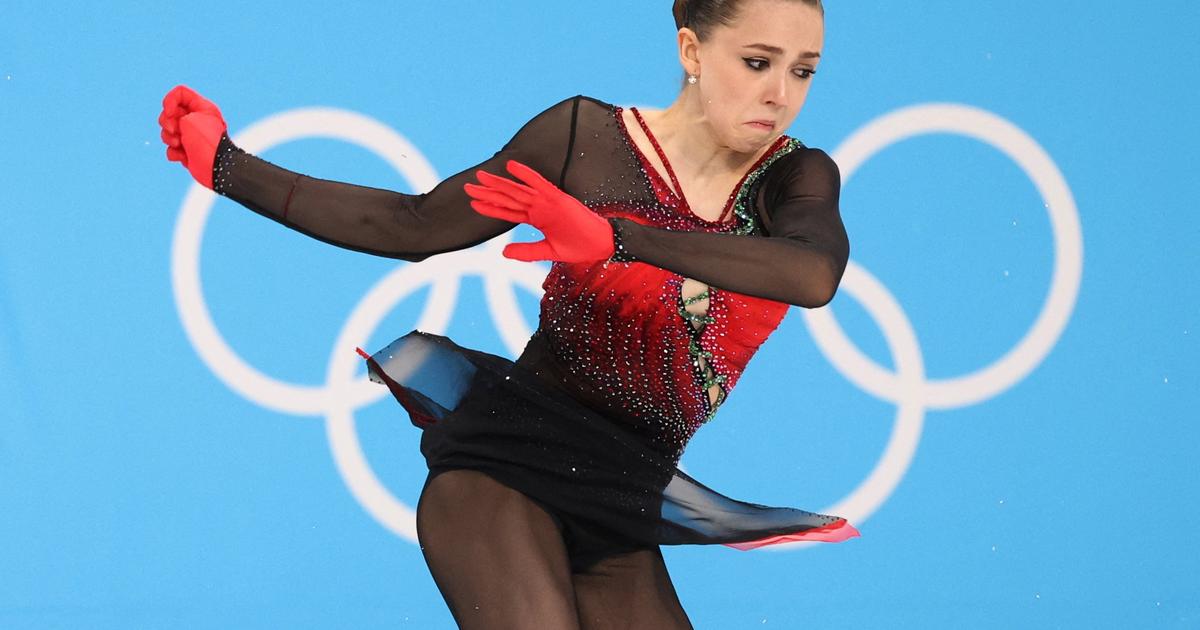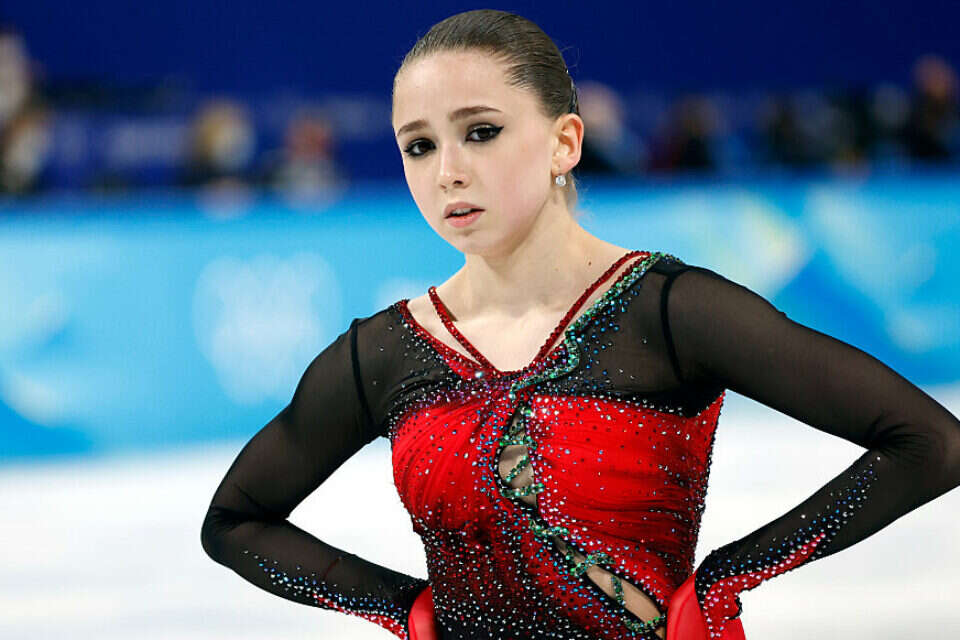Enlarge image
Norway in a frenzy of success - also thanks to biathlon star Johannes Thingnes Bö
Photo:
VEGARD GRoTT / imago images/Bildbyran
On the day before the final weekend of the Olympic Winter Games, it got very cold again in the Beijing area.
This was also felt by the biathletes who had to deal with minus 17 degrees and sometimes strong winds in Zhangjiakou.
This worked out differently.
In the final mass start, Benedikt Doll finished eighth and was the best DSV athlete;
a debacle: for the first time since 2010 and only the second time ever, the biathlon men have not won a medal at the winter games.
“It was little things that prevented the medals.
It's not like we were miles away," Doll said after the mass start and added: "The relay medal, that we didn't make it, definitely hurts." With the relay, the biathletes already had gold in mind , until Philipp Nawrath lost his nerve in the last standing stage.
Thanks to the German biathletes, there were at least two medals in the discipline.
Denise Herrmann provided the highlight with her surprising gold coup over 15 kilometers, bronze for the relay was also a great success.
At the mass start on Friday, the German athletes also went away empty-handed.
Franziska Preuss finished eighth after four penalties.
What remains in the statistics is still one of the worst Olympic yields in history.
Most recently, in Sochi in 2014, there were only two medals for the German team with two silver medals.
In 2018 in Pyeongchang there were still seven, in 2006 in Turin it was even enough for eleven podium finishes.
Norway in a frenzy of success
On the other hand, things looked very different in the Norwegian team.
Biathlon star Johannes Thingnes Bö gave the winter sports nation of Norway an Olympic record.
With his victory in the mass start race, he provided Norway's 15th gold at the games in China.
Never before in the history of the Winter Games since the inauguration in Chamonix in 1924 has a nation won so many gold medals at one event.
It was Bö's fourth Olympic victory in Beijing, plus a bronze medal.
With a total of five gold medals, the 28-year-old from Stryn is one of the most successful winter athletes in history.
“It means a lot to me because you never know how the Olympics will go.
The last few years have been fantastic for me, but it counts in the games,” said Bö after the mass start.
The previous best result at the Olympic Winter Games can also be attributed to the Scandinavians.
Norway won the medal table in Pyeongchang 2018 with 14 gold, 14 silver and 11 bronze ahead of Germany (14-10-7).
Aside from Norway and Germany, only Canada has achieved 14 gold medals at their home games in Vancouver in 2010.
Iran's flag bearer banned from Olympics over doping
Iranian skier Hossein Saveh Shemshaki has been banned from the Games with immediate effect because of a positive doping test and must leave the Olympic Village by Saturday at the latest.
As announced by the Anti-Doping Chamber of the International Court of Arbitration for Sports, the 36-year-old's B sample also contained a banned steroid.
Shemshaki had carried his country's flag at the opening ceremony.
Shemshaki had tested positive early in the first week of competition.
In Beijing he wanted to start at the Winter Games for the third time.
The veteran had already contested Olympic races in 2010 in Vancouver and 2014 in Sochi.
His best Olympic result was a 31st place in the slalom eight years ago.
After Shemshaki, bobsledder Lidija Hunko and cross-country skier Valentina Kaminska, both from Ukraine, also tested positive in Beijing.
Dispute between the IOC and Russia in the Valiyeva case
The falls and the drop in performance of figure skater Kamila Valiewa in the free program had probably caused the most shocking Olympic moment.
On Friday, the case of Valiyeva led to discord between the International Olympic Committee (IOC) and Russia after days of doping fuss about the only 15-year-old Russian.
IOC President Bach initially criticized the "emotional coldness" in Valiyeva's environment after the athlete had not been comforted by trainer Eteri Tutberidze after her failed freestyle.
Hours later, the Kremlin in Moscow responded.
A Kremlin spokesman said they don't necessarily agree with Bach.
Russia's Deputy Prime Minister Dmitri Chernyschenko spoke out more sharply and described Bach's words as "inappropriate and wrong".
Read here why the case of the Russian ice skating star is rekindling old resentments - and how it calls into question the doping controls.
ngo/dpa/sid









